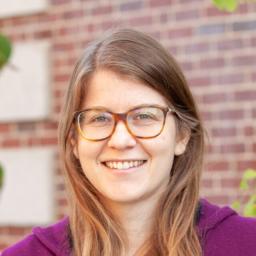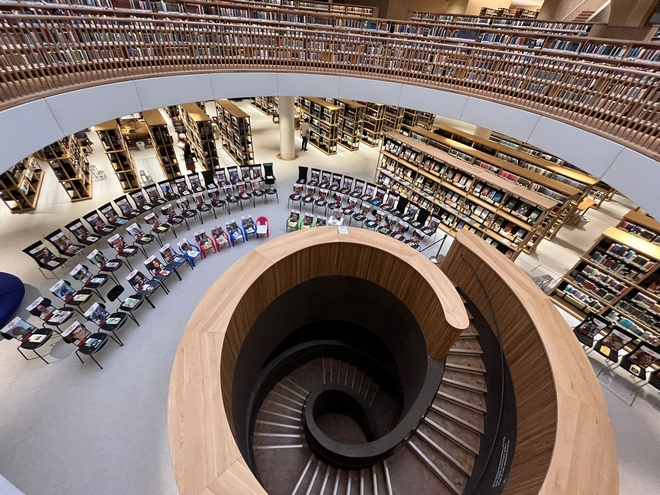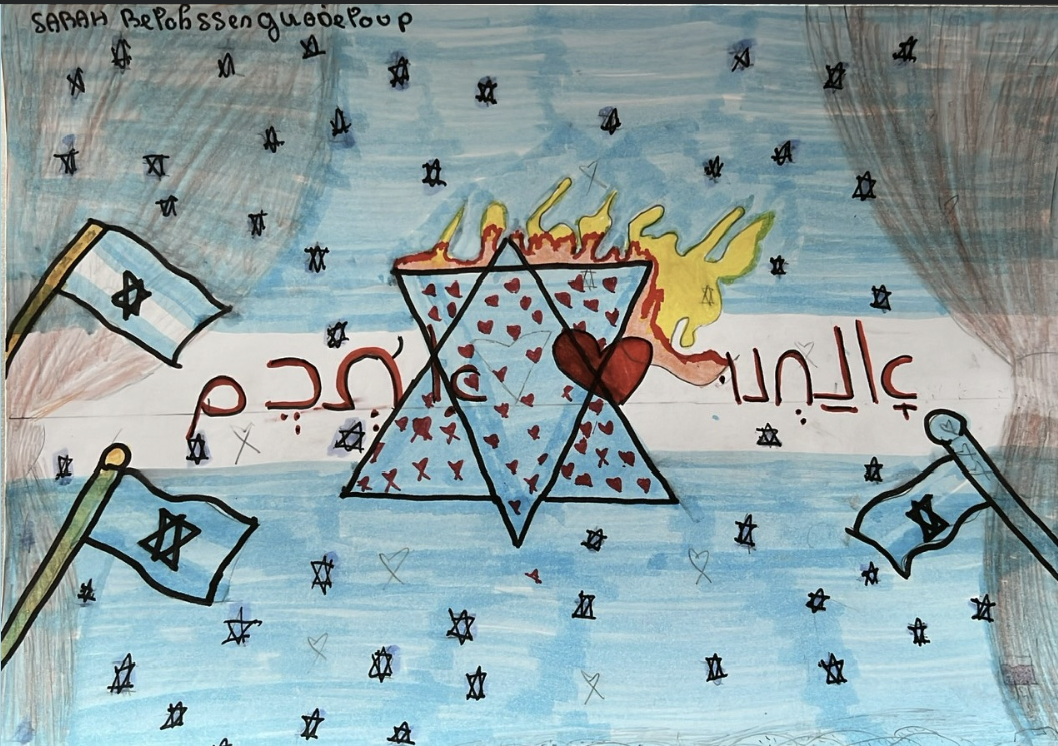Rega Rishon (The first moment)
On October 7, I was at Isabella Freedman Jewish Retreat Center celebrating Shemini Atzeret. By the evening, I had heard about what happened in Israel. I checked in with my loved ones there, and on October 9, I made my way home to Chicago in a haze, my social media feeds filling with information about who was missing, who was confirmed kidnapped, who was confirmed dead, and who was called up to reserves.
Hamas’s videos kept popping up like a digital ambush. I had planned to fly to Israel on October 11 for the grand opening of the new National Library of Israel (NLI) building. My flight was canceled, and though the library did not open to the public until October 29, its staff went in to move treasures from the upper floors to the basement amid the threat of rocket fire.





